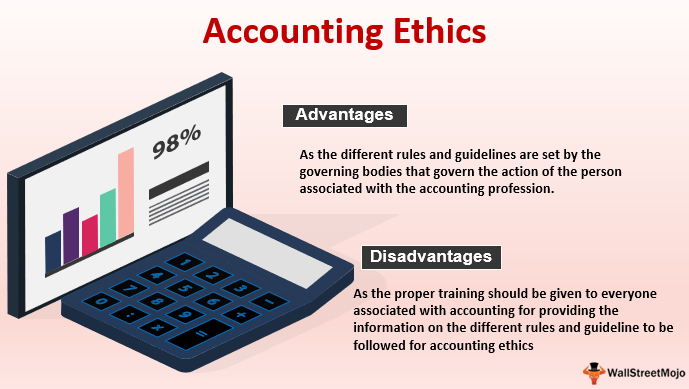
For example, you could write “the week ending April 1” so readers can tie the financial information to specific dates. If you’re reporting for a weekly range, make that clear. A balance sheet created on April 1 should state that the data is “as of” April 1. For example, a balance sheet should state when it was created. One of the basic accounting principles and practices is stating exactly when the data was taken when you’re completing reports and financial documents (balance sheet, income statement, profit and loss statement, etc.). This is because calculating revenue with inflation can lead you to overestimate and undervalue your current performance. If you purchased property or a significant piece of equipment 20 years ago, its cost is recorded as what you paid at that time. Also, this factor of key accounting principles doesn’t acknowledge inflation. For example, while excellent quality control might ultimately contribute to your business’s success, it can’t be recorded on a balance sheet. First, recordings are restricted to assets with an objective monetary value. There are 2 important factors to remember with monetary unit assumption. An American small business would use the U.S. This aspect of business accounting basics maintains you should track only the transactions that can be expressed as a consistent, stable monetary unit. Keeping these finances separate gives you a clear view of how your business is performing.

Also, note that if you own 2 or more businesses, the financial records should be kept with their respective company. This is a crucial yet basic accounting concept: Owners must keep their personal and business finances separate.īusiness expenses - from rent to supplies purchases to payroll - assets (such as property or equipment) and revenue should be recorded separately from your personal financial records.
#Accounting principles definitions series#
These 10 general accounting principles are a series of standards to apply to your financial reporting process. Top 10 Basic Accounting Principles for Small Business These principles enforce transparency and consistency, allowing for easier year-over-year financial comparisons and can help safeguard against misleading accounting practices.

Let’s take a look at each of these fundamental accounting principles, learn what they mean and how you can use them to analyze costs and spot trends to lead to more profitability for your business. Many small business accountants do some subjective adding and subtracting at their discretion, but most follow these fundamental accounting principles:

Understanding basic accounting principles will help you to stay on top of your small business’s finances.


 0 kommentar(er)
0 kommentar(er)
